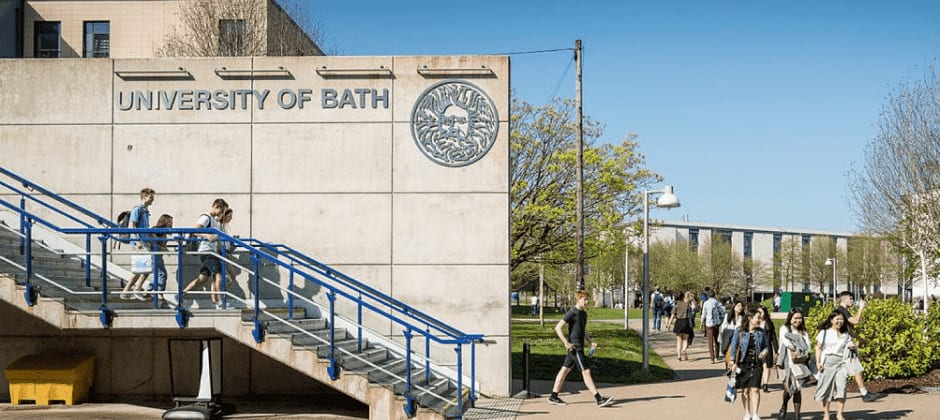Course description

Piezoelectric Actuation
Our course introduces you to the fundamental theory of piezoelectric actuation and how it applies to practical actuators. This includes exploring different ways of how to shift the force-displacement envelope of actuators and improve their control. You'll learn about the necessary power electronics as well as the environmental impacts on the behaviour.
Do you work at this organisation and want to update this page?
Is there out-of-date information about your organisation or courses published here? Fill out this form to get in touch with us.
Upcoming start dates
Suitability - Who should attend?
Our course is for mechanical engineers, graduates, technicians, managers and supervisory staff, particularly those new to the field of piezoelectric actuation.
The course content is mostly descriptive; however, you will need basic mathematical knowledge.
Outcome / Qualification etc.
When you complete the course, you should:
- Understand the principle of piezoelectric actuators
- Know the meaning of piezoelectric constants and be able to size actuators and amplifiers for practical applications
- Have an overview of mechanical amplification methods and motor designs
- Appreciate the benefits and limitations of piezoelectric actuators
- Be aware of the influence of environmental effects on performance and actuator life
- Be able to select metrology solutions for position monitoring and closed-loop control
- Have an overview of open- and closed-loop control methods for improved dynamic performance.
Training Course Content
Introduction
- Piezoelectric materials
- Direct and reverse piezoelectric effect
- Applications for piezo actuators.
Piezomechanics
- Displacement of piezo actuators, hysteresis, creep
- Actuator stiffness
- Effect of pre-tensioning and external forces
- Dynamic operation, mechanical resonance.
Piezoelectrics
- Piezoelectric coefficients and equations
- Characteristics of static and dynamic operation
- Efficiency, heat generation
- Influence of environmental effects (temperature, humidity, vacuum).
Piezo actuator types
- Stacks and multilayer actuators
- Bimorphs - plate and ring benders
- Tubes and membranes.
Mechanical motion amplification
- Flextensional actuators
- X-frame and diamond frame amplification
- Piezoelectric motors.
Control
- Amplifier types
- Piezo metrology for open and closed-loop control
- Methods to improve piezo dynamics.
Workshops and laboratory sessions
- Demonstration of relevant actuators in our research lab.
Regulator
The University of Bath is regulated by The Office for Students (OfS) . We continually improve our course by integrating feedback from academic staff and students.
Expenses
Please contact the institute for more information regarding tuition fees for this program.

